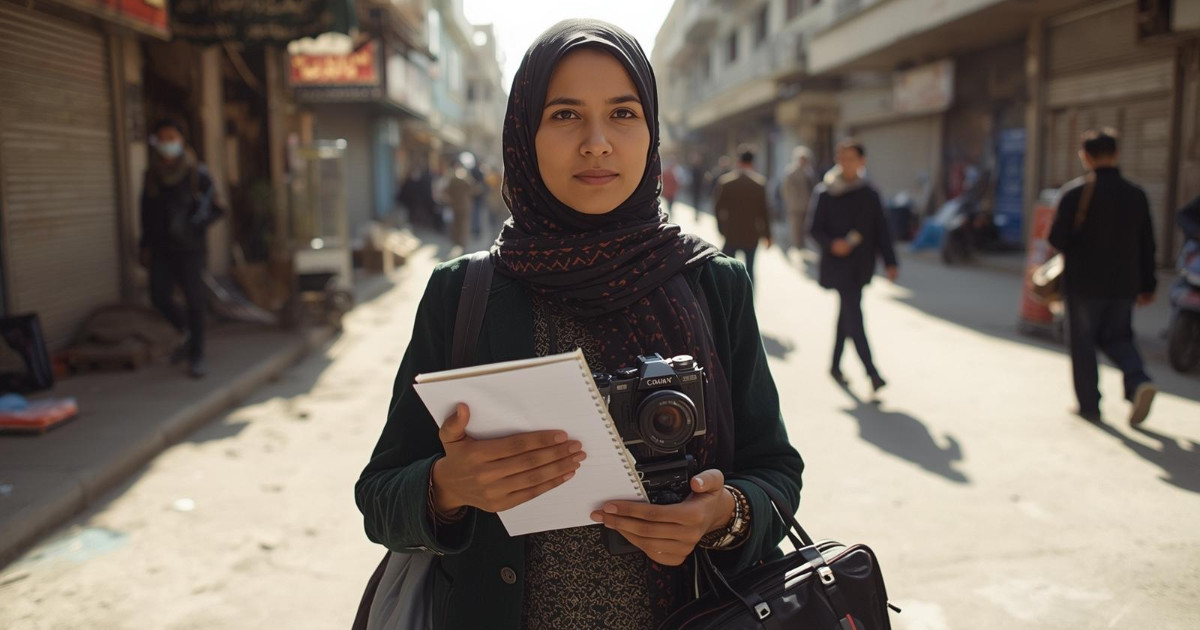The power of reporting: Thai media tackles climate change and pollution
JournalismPakistan.com | Published: 6 October 2024 | By A Guest Contributor
Join our WhatsApp channel
The article examines how Thai media covers pressing environmental challenges such as climate change and pollution. It discusses the effectiveness and limitations of media reporting on these issues.Summary
BANGKOK—In recent years, environmental issues have increasingly taken center stage in global discourse, and Thailand is no exception. As one of Southeast Asia's most biodiverse countries, Thailand faces pressing environmental challenges, including climate change, pollution, and habitat destruction. Local media plays a crucial role in raising awareness and informing the public about these critical issues. However, the extent and quality of coverage can vary widely. This article investigates how Thai media addresses these pressing environmental challenges and the implications for public engagement and policy.
Climate Change: A Growing Concern The impacts of climate change are becoming more evident in Thailand, with rising temperatures, changing rainfall patterns, and increased occurrences of extreme weather events. Thai media outlets have begun to cover these issues more extensively, highlighting the risks to agriculture, tourism, and public health. However, while major news outlets often report climate-related disasters, they sometimes fall short of providing in-depth analysis or solutions.
Pollution: A Public Health Crisis Pollution, particularly air and water pollution, has emerged as a significant public health concern in Thailand. The media has taken notice, with increased reporting on air quality in urban areas like Bangkok and Chiang Mai, where smog is a persistent issue. Investigative journalism has uncovered sources of pollution, such as industrial emissions and agricultural practices. Yet, sensationalism can sometimes overshadow the need for sustained, informative coverage, leaving the public with a reactive rather than proactive understanding of these issues.
Conservation Efforts: Successes and Challenges Thailand is home to rich ecosystems and numerous conservation efforts aimed at protecting its natural heritage. The media has played an essential role in spotlighting these initiatives, from national parks to community-led conservation projects. However, coverage often focuses on individual success stories rather than a holistic view of the challenges these efforts face. Issues such as illegal logging, poaching, and the effects of tourism on fragile ecosystems frequently receive insufficient attention in mainstream narratives.
The Role of Social Media Social media has transformed the landscape of environmental reporting in Thailand. Activists, NGOs, and concerned citizens increasingly use platforms like Facebook and Twitter to raise awareness and advocate for change. These platforms often serve as a supplement to traditional media, allowing for grassroots movements to gain visibility. However, the quality and accuracy of information can be a concern, with misinformation sometimes spreading more rapidly than facts.
Public Engagement and Policy Implications The effectiveness of media coverage directly impacts public awareness and engagement with environmental issues. Well-researched, in-depth reporting can lead to greater public understanding and action. However, if coverage is primarily sensational or superficial, it risks fostering apathy among the audience. As environmental challenges continue to escalate, the need for responsible, comprehensive media reporting has never been more critical.
While Thai media has made strides in covering environmental issues, there is room for improvement. By providing deeper analyses, showcasing diverse perspectives, and moving beyond sensationalism, the media can better serve the public and contribute to meaningful dialogue around environmental challenges in Thailand.
KEY POINTS:
- Thai media has increased coverage of climate change impacts on agriculture and health.
- Pollution concerns, especially air quality, are highlighted but often sensationalized.
- Conservation efforts receive attention, yet challenges such as illegal logging are overlooked.
- Social media has become essential for grassroots environmental advocacy.
- Quality reporting can enhance public engagement and understanding of environmental issues.

























